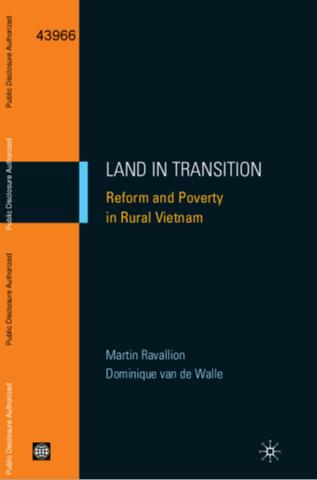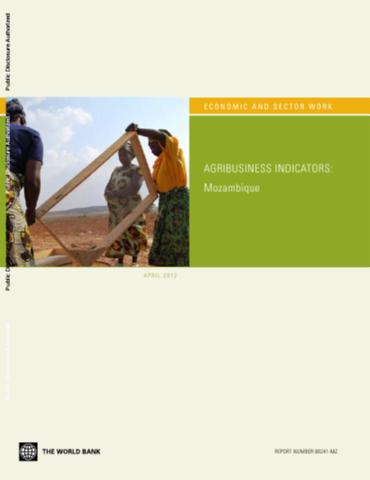Berlin Workshop Series 2008 : Agriculture and Development
The workshop brings diverse perspectives
from outside the World Bank, providing a forum in which to
exchange ideas and debate in the course of developing the
World Development Report (WDR). Participants at the 2006
Berlin Workshop gathered to discuss challenges and successes
pertaining to agriculture and development. Agriculture is
the major sector contributing to economic development in
many poor countries. Three out of every four poor people in



